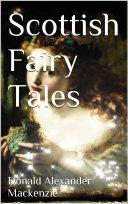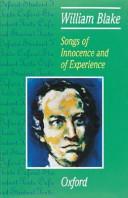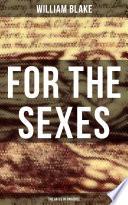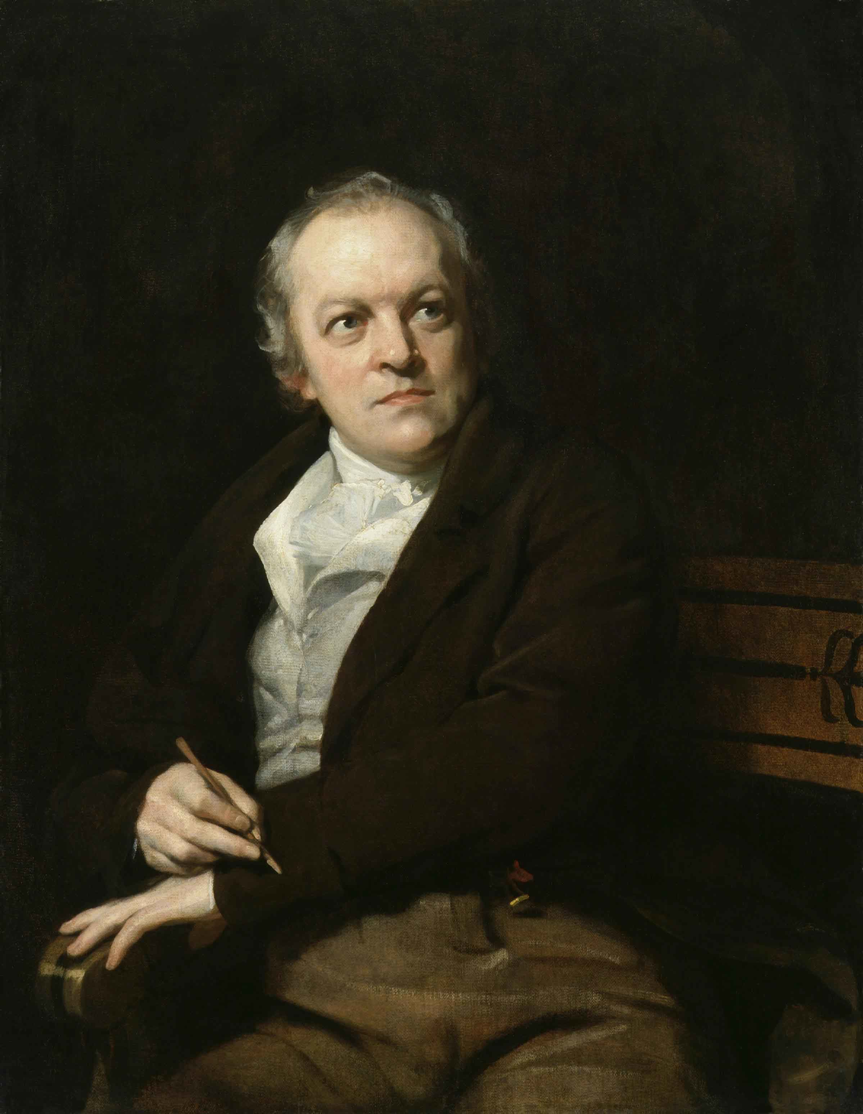Works

The Marriage of Heaven and Hell
William Blake
Songs of Innocence and of Experience
William BlakeAuguries of Innocence
William BlakeThe Little Black Boy
William BlakeSongs of Experience
William BlakeNight
William BlakeLondon
William BlakeSongs of Innocence
William BlakeThe Book of Thel
William BlakeAll Religions are One
William BlakeThe Lamb
William BlakeThe Sick Rose
William BlakeMilton
William BlakeThe Divine Image
William BlakeThe Human Abstract
William BlakeTo the Muses
William BlakeThe Chimney Sweeper
William BlakeA Cradle Song
William BlakeTo God
William BlakeJerusalem: The Emanation of the Giant Albion
William Blake
For the Sexes: The Gates of Paradise
William BlakeA Poison Tree
William BlakeOn Another's Sorrow
William BlakeFamous William Blake Quotes
“The man who never alters his opinion is like standing water, and breeds reptiles of the mind.”
A Memorable Fancy
The Marriage of Heaven and Hell (1790–1793)
William Blake Quotes about love

The Smile, st. 1
1800s, Poems from the Pickering Manuscript (c. 1805)
The Divine Image, st. 3
1780s, Songs of Innocence (1789–1790)
A Little Girl Lost, st. 1
1790s, Songs of Experience (1794)
Never Seek to Tell
1790s, Poems from Blake's Notebook (c. 1791-1792)
The Divine Image, st. 1
1780s, Songs of Innocence (1789–1790)
Source: Songs of Innocence and of Experience
William Blake Quotes about the night
“Think in the morning. Act in the noon. Eat in the evening. Sleep in the night.”
Source: 1790s, The Marriage of Heaven and Hell (1790–1793), Proverbs of Hell, Line 41
“The moon like a flower
In heaven's high bower,
With silent delight,
Sits and smiles on the night.”
Night, st. 1
1780s, Songs of Innocence (1789–1790)
Source: Poems from the Pickering Manuscript (c. 1805), Auguries of Innocence, Line 123
Source: Songs of Experience
William Blake: Trending quotes
William Blake Quotes
Variant: To see a World in a grain of sand,
And a Heaven in a wild flower,
Hold Infinity in the palm of your hand,
And Eternity in an hour.
Source: 1800s, Auguries of Innocence (1803), Line 1
“Opposition is true Friendship.”
A Memorable Fancy
1790s, The Marriage of Heaven and Hell (1790–1793)
Source: The Portable Blake
Source: Songs of Innocence and of Experience
A Divine Image, st. 1
1790s, Songs of Experience (1794)
“A truth that's told with bad intent
Beats all the lies you can invent.”
Source: 1800s, Auguries of Innocence (1803), Line 53
The Voice of the Devil
Source: 1790s, The Marriage of Heaven and Hell (1790–1793)
“Thy heaven doors are my hell gates.”
The Everlasting Gospel (c. 1818)
Context: The vision of Christ that thou dost see
Is my vision's greatest enemy.
Thine has a great hook nose like thine;
Mine has a snub nose like to mine.
Thine is the Friend of all Mankind;
Mine speaks in parables to the blind.
Thine loves the same world that mine hates;
Thy heaven doors are my hell gates.
“Mirth is better than Fun & Happiness is better than Mirth.”
Letter to Revd. Dr. Trusler (1799)
Context: Fun I love, but too much Fun is of all things the most loathsom. Mirth is better than Fun & Happiness is better than Mirth.
“And throughout all eternity
I forgive you, you forgive me.”
My Specter, st. 14
1800s, Poems from Blake's Notebook (c. 1804)
“Improvement makes straight roads; but the crooked roads without improvement are roads of genius.”
Source: 1790s, The Marriage of Heaven and Hell (1790–1793), Proverbs of Hell, Line 66
“Great things are done when men and mountains meet;
This is not done by jostling in the street.”
Great Things Are Done
1800s, Poems from Blake's Notebook (c. 1807-1809)
A Poison Tree, st. 1
1790s, Songs of Experience (1794)
Public Address, Blake's Notebook c. 1810
1810s
“The tygers of wrath are wiser than the horses of instruction.”
Source: 1790s, The Marriage of Heaven and Hell (1790–1793), Proverbs of Hell, Line 44
Source: Songs of Innocence and of Experience
“The hours of folly are measur'd by the clock, but of wisdom no clock can measure.”
Source: 1790s, The Marriage of Heaven and Hell (1790–1793), Proverbs of Hell, Line 12
The Little Black Boy, st. 1
1780s, Songs of Innocence (1789–1790)
The Chimney Sweeper, st. 1
1780s, Songs of Innocence (1789–1790)
Source: 1800s, Jerusalem The Emanation of The Giant Albion (c. 1803–1820), Ch. 1, plate 15, lines 6-9
“It is easier to forgive an Enemy than to forgive a Friend.”
Source: 1800s, Jerusalem The Emanation of The Giant Albion (c. 1803–1820), Ch. 4, plate 91, line 1
“If He had been Antichrist, Creeping Jesus,
He’d have done anything to please us”
The Everlasting Gospel (c. 1818)
Context: If He had been Antichrist, Creeping Jesus,
He’d have done anything to please us;
Gone sneaking into synagogues,
And not us’d the Elders and Priests like dogs;
But humble as a lamb or ass
Obey’d Himself to Caiaphas.
“The vision of Christ that thou dost see
Is my vision's greatest enemy.”
The Everlasting Gospel (c. 1818)
Context: The vision of Christ that thou dost see
Is my vision's greatest enemy.
Thine has a great hook nose like thine;
Mine has a snub nose like to mine.
Thine is the Friend of all Mankind;
Mine speaks in parables to the blind.
Thine loves the same world that mine hates;
Thy heaven doors are my hell gates.
Letter to Revd. Dr. Trusler (1799)
Context: To the Eyes of a Miser a Guinea is more beautiful than the Sun & and a bag worn with the use of Money has more beautiful proportions than a Vine filled with Grapes. The tree which moves some to tears of joy is in the Eyes of others only a Green thing that stands in the way. Some see Nature all Ridicule and Deformity, and by these I shall not regulate my proportions; and some scarce see Nature at all. But to the Eyes of the Man of Imagination, Nature is Imagination itself. As a man is, So he Sees. As the Eye is formed, such are its Powers..
“Can Wisdom be put in a silver rod?
Or Love in a golden bowl?”
The Book of Thel, Thel's Motto (1789–1792)
Context: Does the Eagle know what is in the pit?
Or wilt thou go ask the Mole?
Can Wisdom be put in a silver rod?
Or Love in a golden bowl?
The Letters Of William Blake https://archive.org/details/lettersofwilliam002199mbp (1956), p. 74-75
Context: And now let me finish with assuring you that, Tho I have been very unhappy, I am so no longer. I am again. Emerged into the light of day; I still & shall to Eternity Embrace Christianity and Adore him who is the Express image of God; but I have travel'd thro' Perils & Darkness not unlike a Champion. I have Conquer'd, and shall still Go on Conquering. Nothing can withstand the fury of my Course among the Stars of God & in the Abysses of the Accuser. My Enthusiasm is still what it was, only Enlarged and conform'd.
“I do not behold the outward creation”
A Vision of the Last Judgment
Context: I assert, for myself, that I do not behold the outward creation, and that to me it is hindrance and not action. "What!" it will be questioned, "when the sun rises, do you not see a round disc of fire somewhat like a guinea!" Oh! no, no! I see an innumerable company of the heavenly host crying "Holy, holy, holy is the Lord God Almighty!" I question not my corporeal eye any more than I would question a window concerning a sight. I look through it, and not with it.
“I look through it, and not with it.”
Context: I assert, for myself, that I do not behold the outward creation, and that to me it is hindrance and not action. "What!" it will be questioned, "when the sun rises, do you not see a round disc of fire somewhat like a guinea!" Oh! no, no! I see an innumerable company of the heavenly host crying "Holy, holy, holy is the Lord God Almighty!" I question not my corporeal eye any more than I would question a window concerning a sight. I look through it, and not with it.
A Vision of the Last Judgment
“I question not my corporeal eye”
A Vision of the Last Judgment
Context: I assert, for myself, that I do not behold the outward creation, and that to me it is hindrance and not action. "What!" it will be questioned, "when the sun rises, do you not see a round disc of fire somewhat like a guinea!" Oh! no, no! I see an innumerable company of the heavenly host crying "Holy, holy, holy is the Lord God Almighty!" I question not my corporeal eye any more than I would question a window concerning a sight. I look through it, and not with it.
Source: 1800s, Jerusalem The Emanation of The Giant Albion (c. 1803–1820), Ch. 1, plate 10, lines 20-21 The Words of Los
“The road of excess leads to the palace of wisdom.”
Source: 1790s, The Marriage of Heaven and Hell (1790–1793), Proverbs of Hell, Line 3
“You never know what is enough unless you know what is more than enough.”
Source: 1790s, The Marriage of Heaven and Hell (1790–1793), Proverbs of Hell, Line 46
“Eternity is in love with the productions of time.”
Variant: Eternity is in love with the productions of time.
Source: 1790s, The Marriage of Heaven and Hell (1790–1793), Proverbs of Hell, Line 10
The Clod and the Pebble, st. 3
1790s, Songs of Experience (1794)
Source: Songs of Innocence and Songs of Experience
“Truth can never be told so as to be understood, and not be believed.”
Source: 1790s, The Marriage of Heaven and Hell (1790–1793), Proverbs of Hell, Line 69
“If the doors of perception were cleansed, everything would appear to man as it is: infinite.”
A Memorable Fancy
1790s, The Marriage of Heaven and Hell (1790–1793)
The Argument
1790s, The Marriage of Heaven and Hell (1790–1793)
“No bird soars too high if he soars with his own wings.”
Source: 1790s, The Marriage of Heaven and Hell (1790–1793), Proverbs of Hell, Line 15
No. 1, He Who Binds
1790s, Poems from Blake's Notebook (c. 1791-1792), Several Questions Answered
